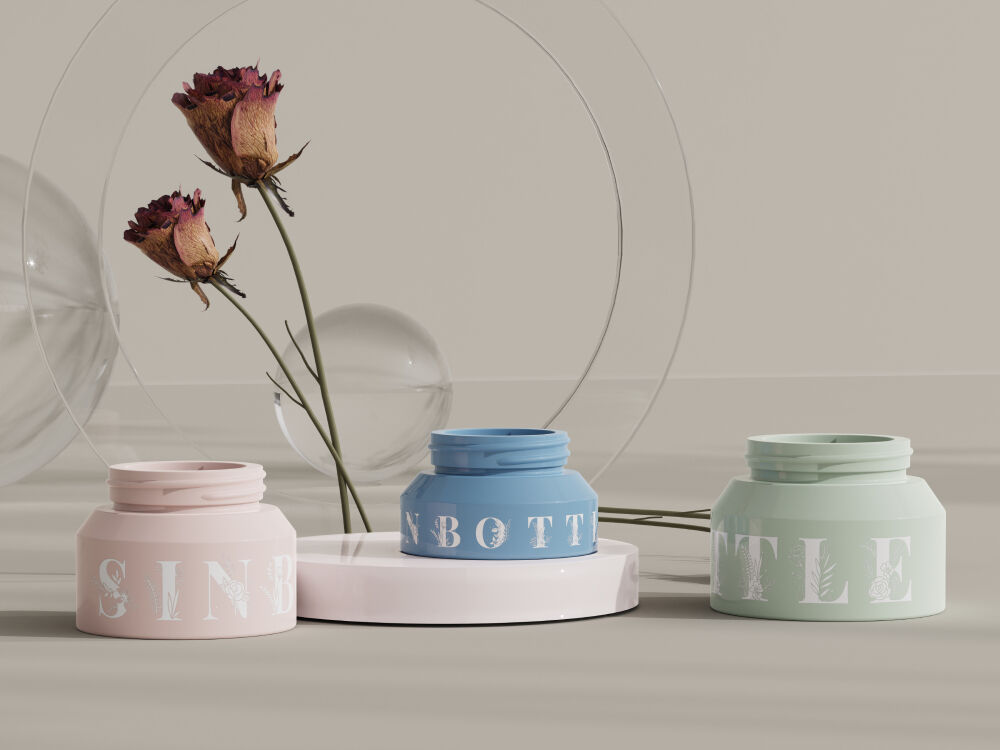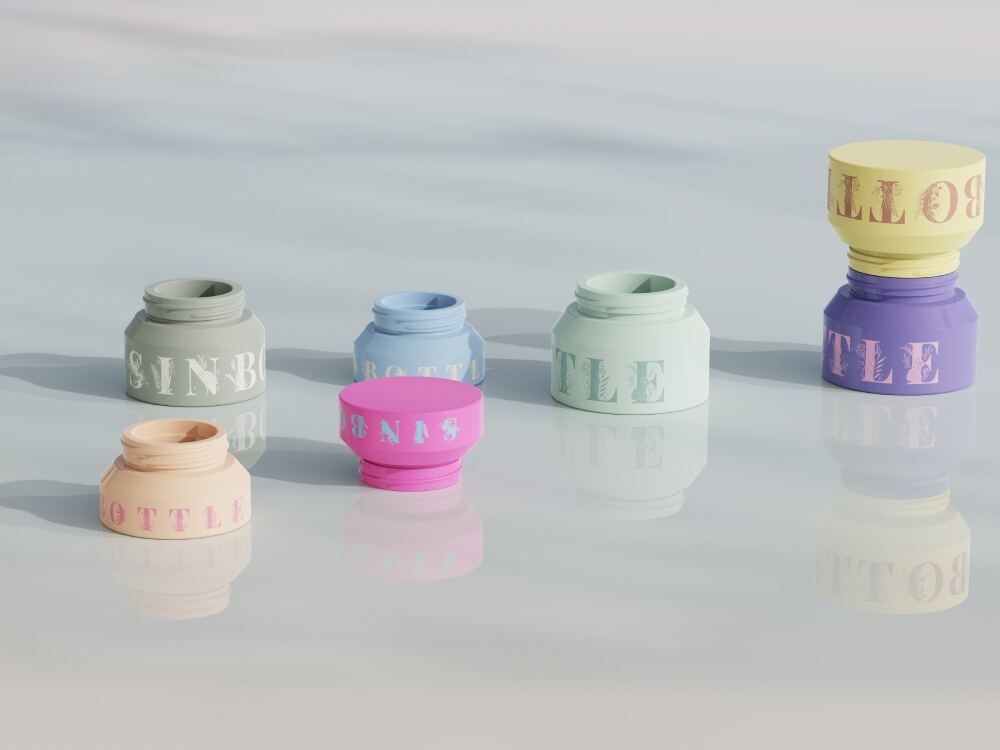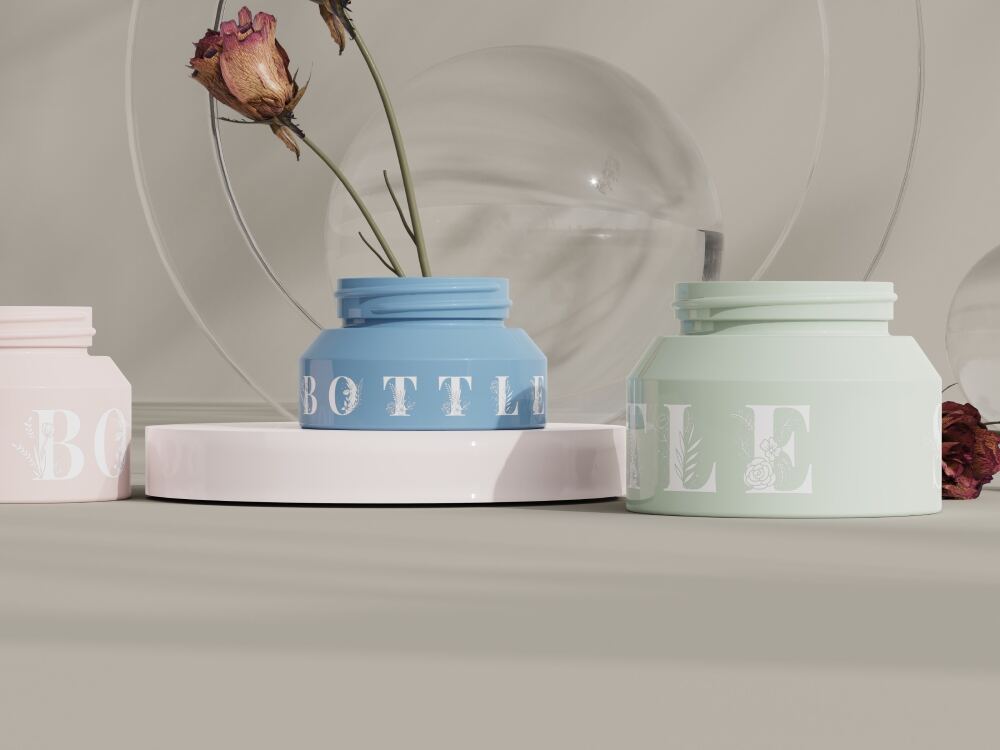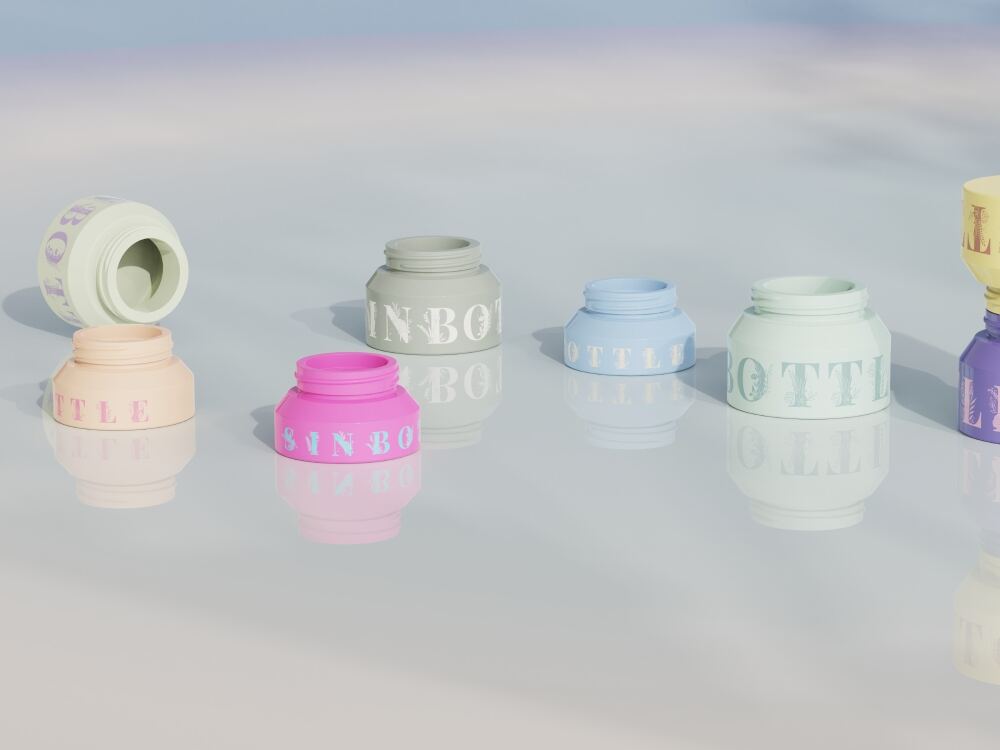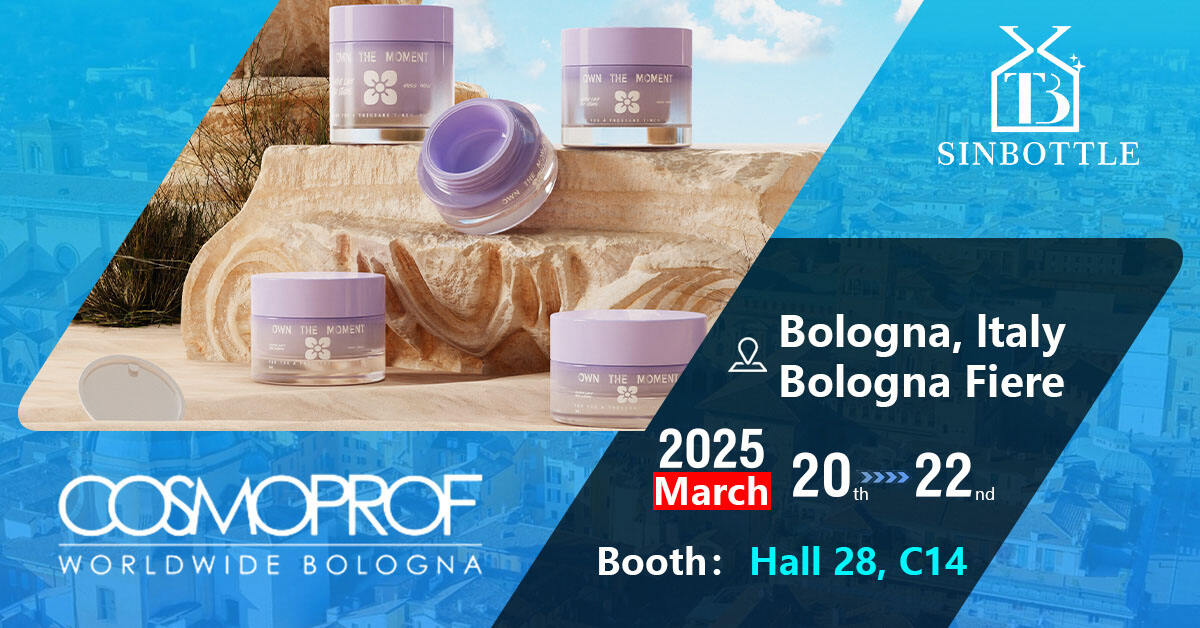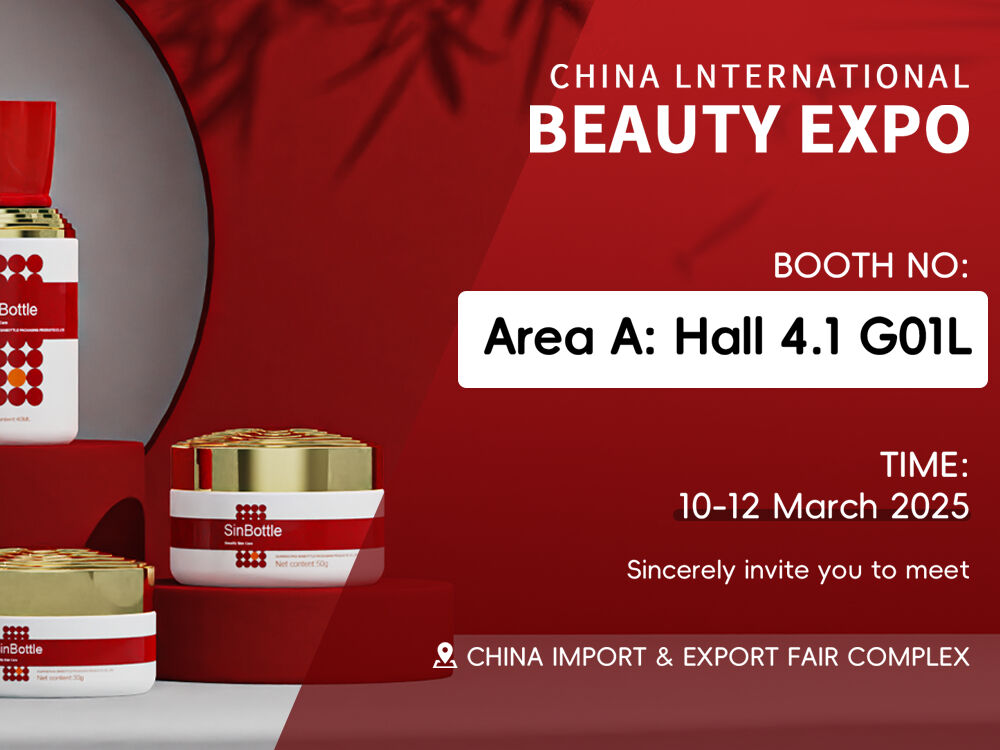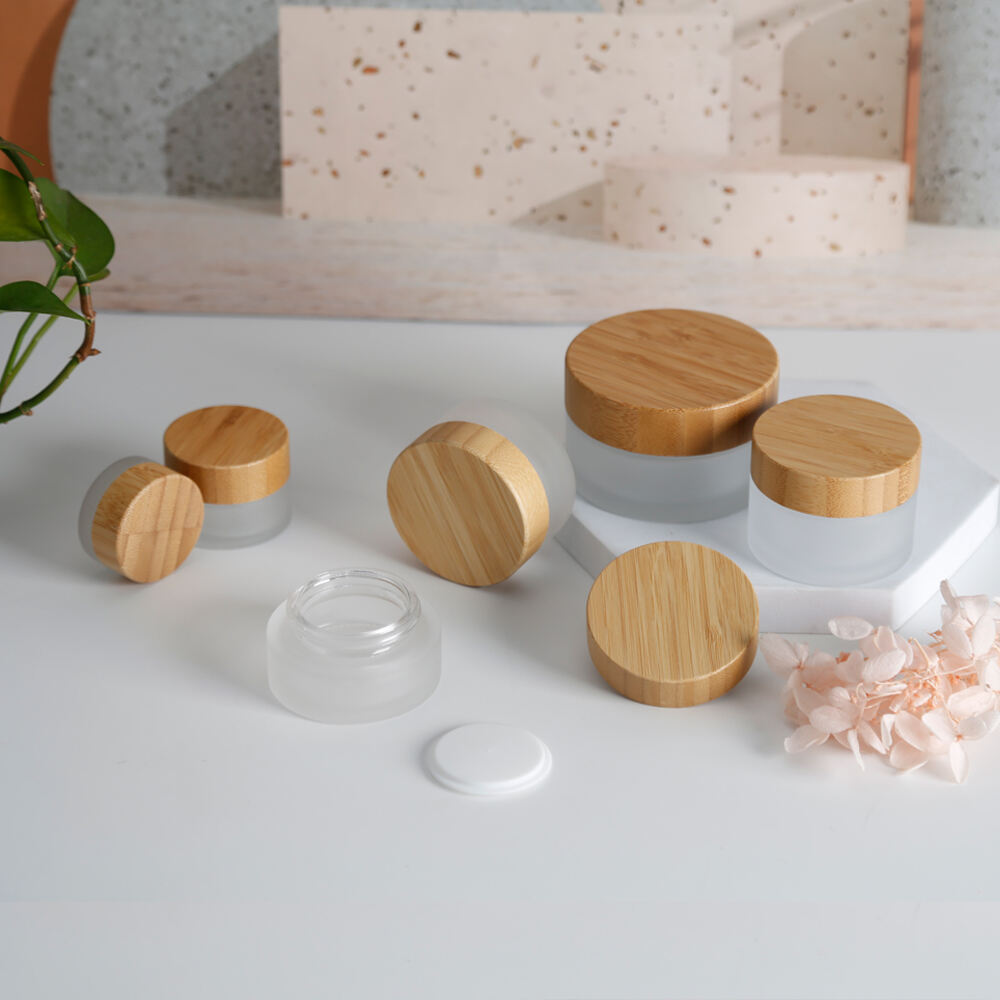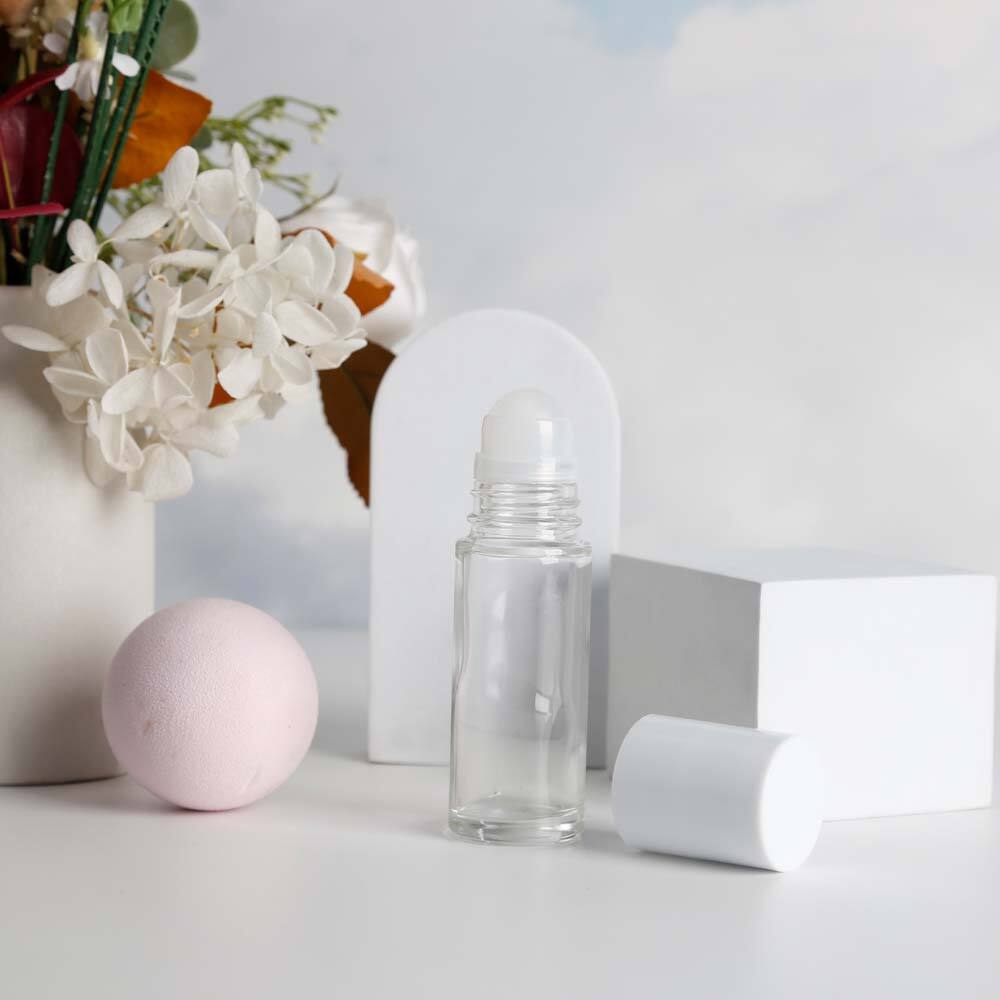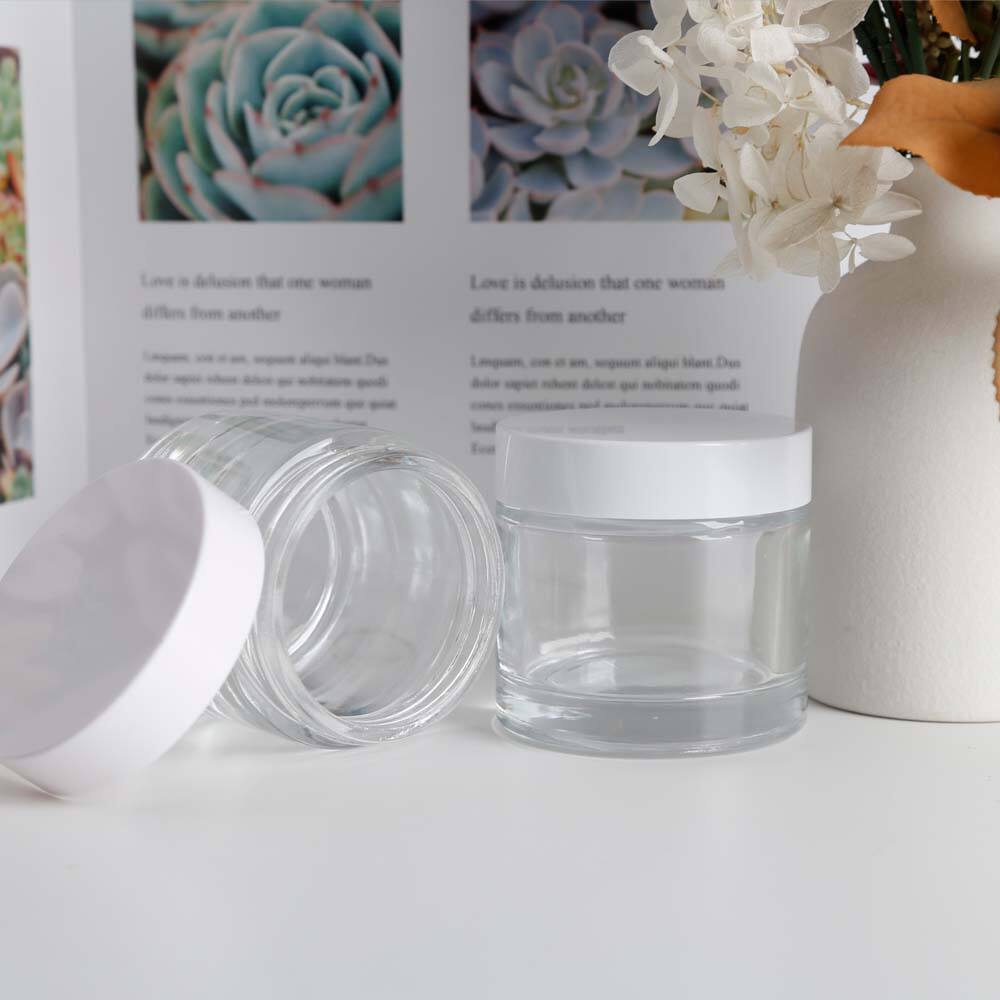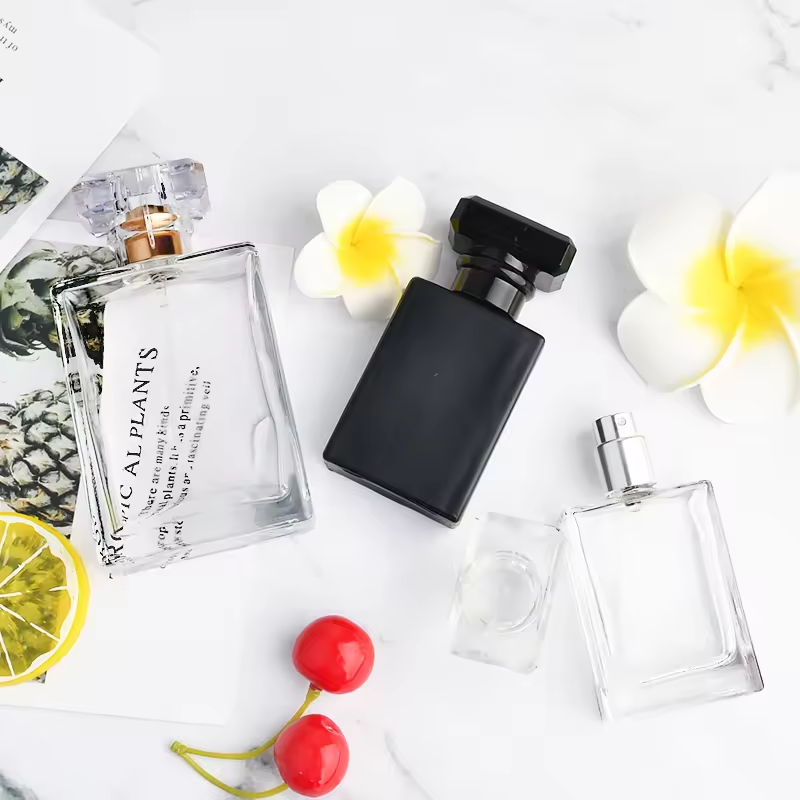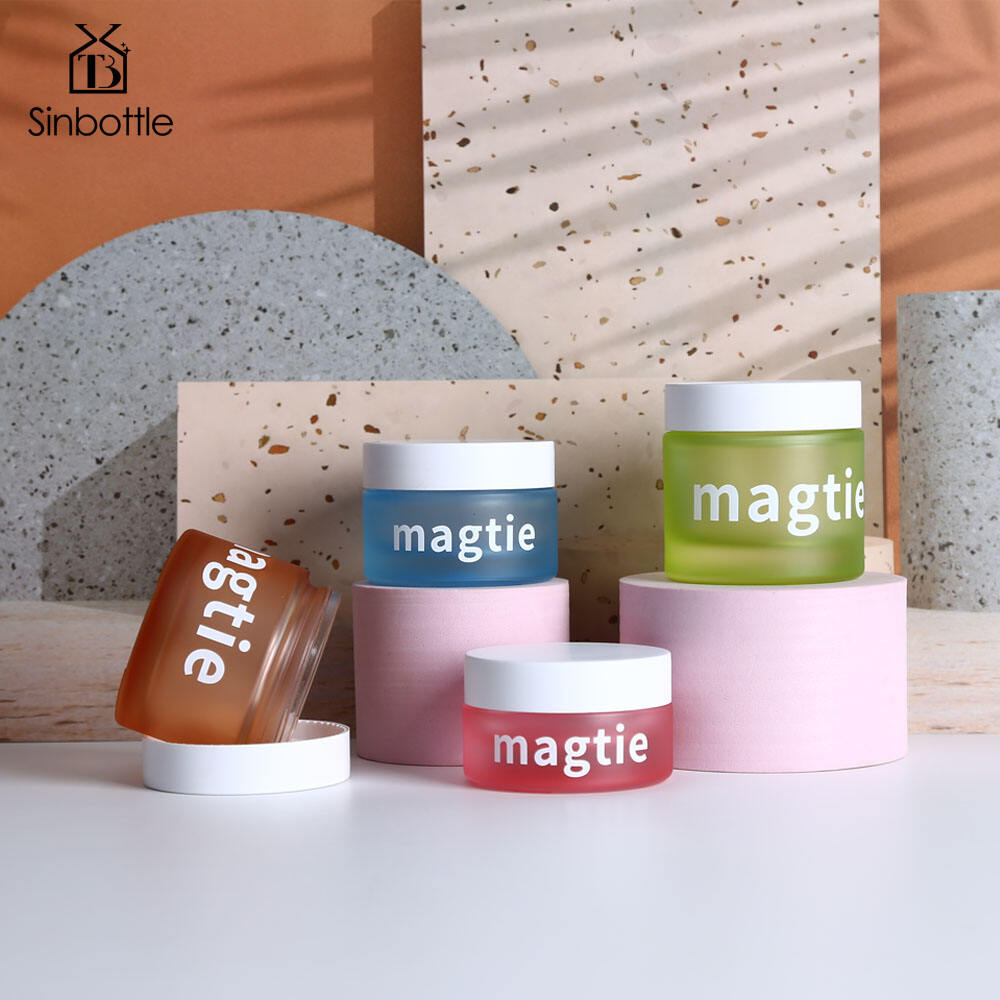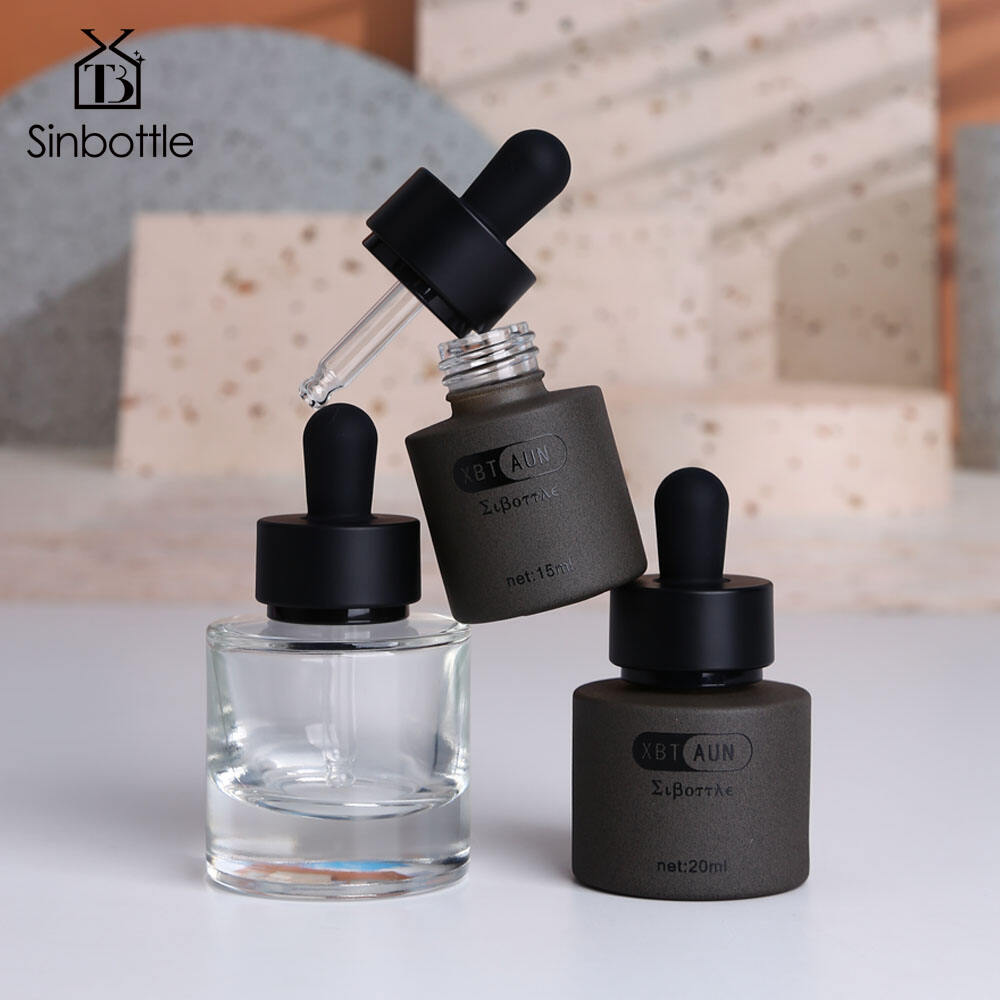Sustainable Development And Technological Innovation Are The Key To The Development Of Cosmetic Glass Packaging Manufacturers
In terms of environmental protection and cost, weight reduction and innovative design of cosmetic glass packaging have become the industry's priority. Ultra-thin strengthening technology can reduce the weight of glass bottles by 30% while maintaining their impact resistance. An example is the Fiolax Lite technology of the German Schott Group, which takes into account sustainability and transportation efficiency. In terms of design, 3D printing molds and digital engraving technologies break through traditional limitations and can create complex textures (such as crystal cutting and gradient relief) that meet brand differentiation needs. In addition, modular design (such as replaceable bottle caps) extends the life cycle of packaging and conforms to the zero waste trend. Lightweight glass not only reduces carbon emissions, but also consolidates its position in the luxury market with its exquisite texture, making it the preferred solution for brands that combine environmental protection with luxury.
In recent years, research and development in the field of lightweight glass has further combined coating technologies such as plasma spray strengthening layers to make ultra-thin bottles more scratch-resistant. International brands such as Estee Lauder and Dior have applied this technology in new products, which not only reduces packaging weight but also improves product durability. At the same time, glass packaging materials are also integrated with intelligent design, such as color-changing glass (photochromic or thermochromic) to enhance user experience, or micro-engraved QR codes embedded in bottles to track counterfeit goods. From a sustainability perspective, lightweight design significantly reduces raw material consumption, and combined with low-carbon logistics solutions (such as optimizing packaging volume), it further reduces the carbon footprint of the entire chain. In the future, with the development of AI design technology and green manufacturing processes, cosmetic glass packaging will achieve a better balance between lightweight, aesthetics and environmental protection.
